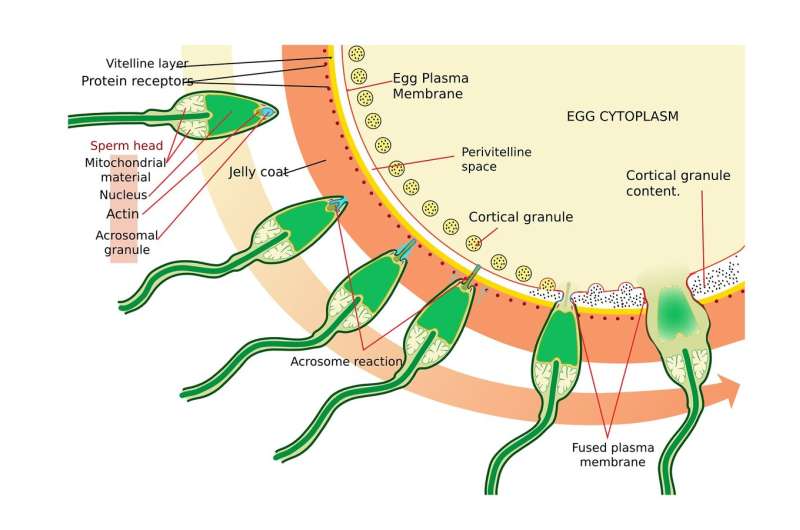Impact of B-Cell Development Stage on Childhood Leukemia Treatment Outcomes

New research reveals that the stage of B-cell development when transformation occurs influences treatment outcomes in pediatric leukemia, offering new avenues for personalized therapy.
Recent research highlights the significance of the developmental stage of B cells at the point they become cancerous, influencing the prognosis and treatment strategies for pediatric B-cell acute lymphoblastic leukemia (B-ALL). Scientists from St. Jude Children's Research Hospital and the Princess Margaret Cancer Center in Toronto created an extensive single-cell reference atlas of normal human B-cell development. By comparing this map with leukemia cell data and patient outcome information, they uncovered new insights into how leukemia originates and progresses.
The study revealed that B-ALL can arise from various stages within B-cell development, not solely from cells arrested at the pro- to pre-B cell transition as previously thought. Some leukemia cases originate from more mature B cells, while others involve less differentiated cells resembling early hematopoietic progenitors. This diversity affects how the leukemia responds to treatments, as less mature cells often show features that allow them to change lineage and evade therapy.
A key finding was that leukemia cells arrested at different developmental points display varying levels of multipotency—the ability to differentiate into multiple cell types. Researchers devised a "multipotency score" that correlates with clinical outcomes, offering a potential new biomarker to assess risk and guide personalized therapy. Understanding the cell of origin enhances the ability to predict drug resistance and treatment failure.
By mapping normal blood cell development at a single-cell level, the team identified the specific stages at which B-cell progenitors diverge to form leukemia. These findings challenge prior assumptions and underline the complexity of leukemia origins. The discovery that leukemia cells at different stages retain the capacity to change lineage provides critical insights into designing targeted therapies.
This research signifies a major step forward in understanding the biological underpinnings of childhood leukemia, paving the way for improved diagnostics, risk stratification, and personalized treatment approaches. It underscores the importance of cellular developmental context in shaping clinical outcomes and highlights potential avenues for developing therapies that counteract lineage switching and drug resistance.
Source: https://medicalxpress.com/news/2025-06-cells-cancerous-fate-childhood-leukemia.html
Stay Updated with Mia's Feed
Get the latest health & wellness insights delivered straight to your inbox.
Related Articles
Addressing Asthma Challenges in Detroit: Strategies to Help Children Breathe Easier
Detroit faces high childhood asthma hospitalization and death rates, driven by pollution and socioeconomic factors. Learn strategies to help children breathe easier.
New Study Reveals 9% of Young US Workers Use Alcohol and Drugs at Work
A new study finds nearly 9% of young US workers consume alcohol or drugs during work hours, highlighting occupational safety concerns and the need for comprehensive policies and support services.
Innovative AI Technology Assists in Critical Patient Intubation Decisions
A novel AI model developed by Warwick researchers aims to predict the failure of noninvasive ventilation in patients with acute respiratory failure, supporting critical care decisions and improving patient outcomes.
Understanding Semen Allergies: A Hidden but Common Condition
Semen allergies, known as seminal plasma hypersensitivity, affect many women and can cause symptoms from mild irritation to severe reactions. Learn about symptoms, diagnosis, and treatment options for this hidden condition.



